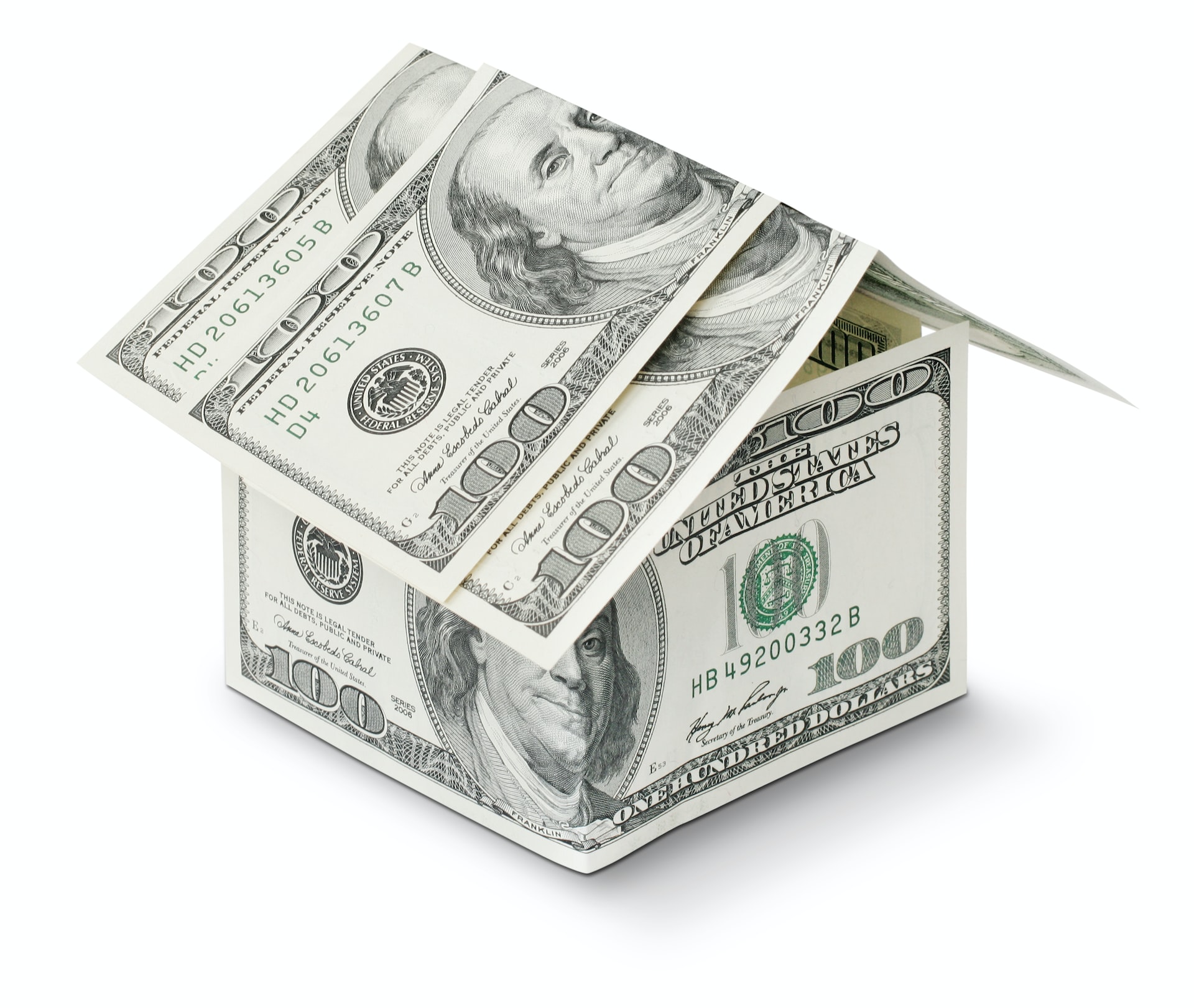One of the biggest questions for a first-time home buyer is how much money will you need to buy the house of your dream.
This short guide will help you understand the potential costs involved in buying a home so that can estimate your budget and plan your finances more effectively.
Here are three main things you must consider when calculating how much cash you need to buy a home.
Determine the right amount of down payment
This is the cash amount you are required to put down on the house while taking out a mortgage loan.
The larger the amount of your down payment, the lesser will be the size of your monthly payments.
If you can set aside more cash for down payment, it may also help you negotiate a lower interest rate with the lender because they will perceive you as a borrower with a lower risk of default.
If your budget does not allow for a larger down payment, that should not deter you from buying a home if you are getting a good deal.
Many first-time homebuyers mistakenly assume that they will have to put down 20% of the buying price. This is a myth you can safely ignore.
According to data published by the National Association of Realtors (NAR), first-time homebuyers on average make a down payment of just 7% of the purchase price.
USDA loans and VA loans do not require any down payment. Some conventional home loan programs sponsored by Fannie Mae and Freddie Mac require only 3% down payment, while the minimum requirement for FHA loans is 3.5%.
Consider other upfront cash costs
When you are budgeting for a new home, do not forget to account for the closing costs, which could range anywhere between 2% and 5% of your principal loan amount.
Each lender will have slightly different closing costs, so you should make your choice of a lender carefully if upfront cash costs are a more important consideration for you.
You may be required to pay for some other “prepaid expenses” in cash on the day of closing. These prepaids may include property taxes and homeowners’ insurance premium.
The third cash expense to consider is moving costs, storage costs, minor repairs, new furniture, and any other expenses that might come up as you move into your new house.
Some homebuyers may want to avoid paying closing costs in order to reduce their cash expenses. While there is no way to avoid closing costs, it may be possible to pay them over time instead of paying the full amount at once.
If you need to conserve cash, then be prepared to explore the “no-closing-cost” option with your lender.
Some lenders may be willing to incorporate this cost into your overall mortgage loan amount, which will reduce your upfront cash costs.
Evaluate long-term affordability
In addition to the upfront cash costs, your monthly mortgage payments will begin after the closing.
Evaluate your current as well as future estimated income from all sources. Take a hard look at your essential household expenses: student debt payments, car loan payments, insurance premiums, food, transportation, and utility costs, and more.
Some experts suggest the 28/36 rule, which means that you should limit your mortgage payments up to 28% of your monthly income and total debt payments (including mortgage) up to 36% of your monthly income.


